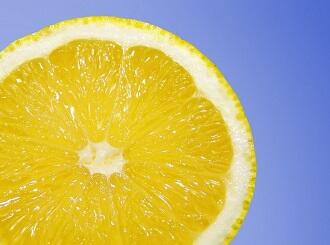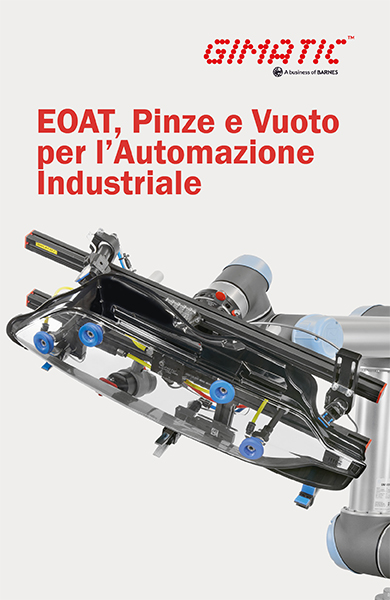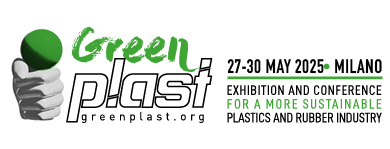
A team of researchers from the Institute of Chemical Research of Catalonia has developed a polycarbonate in which the traditional bisphenol monomer A (BPA) has been replaced with limonene, a hydrocarbon contained in citrus fruit peel.
In the research, published in the review ACS Catalysis, the researchers explained that they have developed a method to produce the polycarbon based on two substances widely available in nature: carbon dioxide and limonene, commonly used in the production of cosmetics and toothpaste. It is limonene that may pose a solution to the presumed toxicity of bisphenol A.
In June this year, in fact, the committee of EU Member States for chemical substances expressed its unanimous opinion in underscoring the possibility that bisphenol A has a harmful effect on the endocrine and hormonal system; a decision that may soon lead to further restrictive measures on its use. BPA has been banned in Europe since 2011 for the production of baby bottles.























